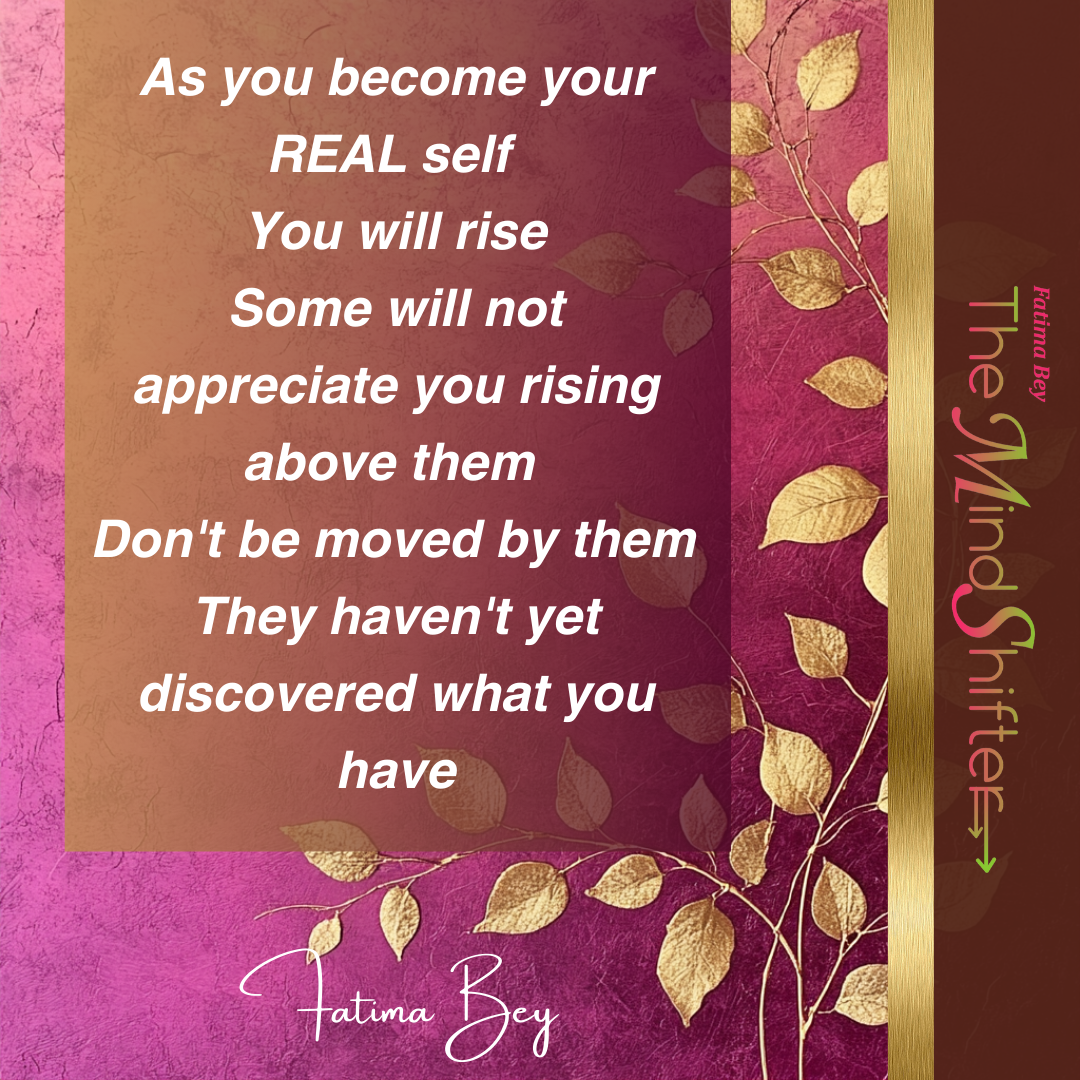Intelligence ≠ Maturity: The Dangerous Assumption We All Make
If this made you think, it could do the same for someone else. Pass it on.

Intelligence ≠ Maturity
Have you ever met someone who could discuss quantum physics or dissect complex literature but couldn't handle being told "no" without throwing a tantrum? I have. And I've watched too many people get burned by confusing intelligence with emotional maturity.
The quote in this post hits on something I see constantly in my coaching practice: "It is a mistake to assume that because someone is intelligent they are also mature."
This seemingly simple observation has profound implications for our relationships, both personal and professional.
The Melissa Story
Let me tell you about someone I used to know—we'll call her Melissa.
On paper, Melissa was impressive. She had multiple accomplishments, and could articulate complex ideas with remarkable clarity. In professional settings, she was the person everyone wanted on their team. Articulate, efficient, always prepared with insightful contributions, and all with a smile.
Her colleagues often described her as "brilliant." She was the go-to person for solving difficult problems. She always presented herself professionally and appeared to have everything together. But there was another side to Melissa that wasn't immediately obvious.
When I first noticed the pattern, it was subtle. Friends who used to speak of her glowingly would suddenly go quiet when her name came up. Former close companions would become vague about why they no longer spent time with her. She'd mention a "falling out" with yet another friend or family member, always positioning herself as the victim of others.
What was happening beneath the surface?
Emotionally, Melissa functioned like a 5-year-old. Despite her intellectual brilliance, she couldn't process even mild criticism without spiraling. When she didn't get her way, passive-aggressive behavior would emerge—subtle digs, backhanded compliments, and eventually, full character assassination campaigns against those she felt had wronged her. She often explained her behavior as being "helpful".
She kept a mental scorecard of every perceived slight and would bring up incidents from years ago to justify her anger. When friends achieved success, she would celebrate with them but may bring it up as a negative later.
Her romantic relationships followed a predictable cycle: intense beginnings followed by drama and eventual implosion. She could not keep a man to save her life!
The most telling sign? The pattern of people silently removing themselves from her life, including family. This is a giant red flag. There's always a reason when multiple people independently decide someone is too toxic to keep around.
Intelligence vs. Emotional Maturity
This distinction matters deeply. Here's why:
Intelligence is about processing information, problem-solving, and acquiring knowledge. It's about what you know and how quickly you can learn.
Emotional maturity is about how you process feelings, handle conflict, and relate to others. It's about who you are and how you show up in relationships. It has more to do with character than knowledge.
These qualities develop separately. Someone can have a genius-level IQ and still respond to relationship stress like a toddler. Likewise, someone with average intelligence might possess extraordinary emotional wisdom and stability.
The Warning Signs
How can you tell when someone's emotional maturity doesn't match their intellectual capacity? Look for these indicators:
- Inability to accept responsibility: They're always the hero or victim in their stories, never the villain or even a flawed participant. Especially look out for the "poor me" syndrome.
- Disproportionate reactions: Small disappointments trigger large emotional responses.
- Pattern of dissolved relationships: A trail of former friends, romantic partners, or colleagues who have cut contact.
- Competitive rather than celebratory: They struggle to genuinely celebrate others' successes. This includes being celebratory in the moment but showing a different face later.
- Poor emotional regulation: They expect others to manage their feelings for them.
- Manipulation tactics: Using intelligence as a weapon through gaslighting, circular arguments, or intellectualizing emotional issues.
They may not display them all but, these are all signs.
The Impact
When we mistake intelligence for maturity, we set ourselves up for painful lessons. We ignore red flags because we're impressed by someone's credentials or conversational brilliance. We make excuses for inappropriate behavior because "they're so smart."
I've seen clients accept emotional abuse from partners because "he's brilliant" or "she's so successful." I've watched talented teams fall apart because no one addressed the emotionally immature behavior of an intellectually gifted leader.
Breaking the Pattern
Here's what I want you to take away:
- Assess holistically: Notice how people respond to stress, disappointment, and others' success. Pay close attention!
- Trust patterns over potential: Someone's consistent behavior tells you more than their occasional brilliance.
- Value emotional intelligence: The ability to understand and manage emotions (both one's own and others') is at least as important as academic or professional achievements.
- Recognize your own biases: All humans have biases. We often overvalue intelligence and undervalue emotional stability because one is more immediately impressive than the other. Pay attention!
- Set clear boundaries: Intelligence is never an acceptable excuse for emotional manipulation or abusive behavior.
A Final Thought
Intelligence without emotional maturity is like a powerful car without brakes—impressive until it crashes. As you move through your relationships, remember that the truly exceptional people in this world cultivate both intellectual and emotional growth.
They don't just know a lot. They know how to be human with other humans.
What relationships in your life might need reevaluation based on this distinction? Where might you be giving someone a pass on immature behavior because you're impressed by their intelligence?
Fatima Bey The MindShifter
International Speaker, Coach & Creator of the MindShift Universe









